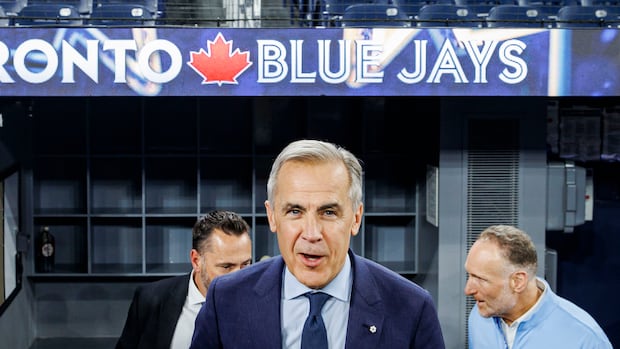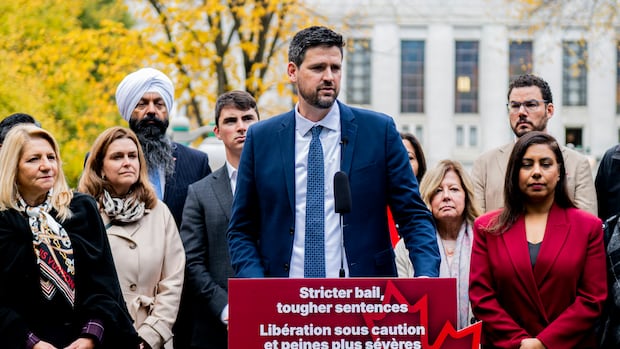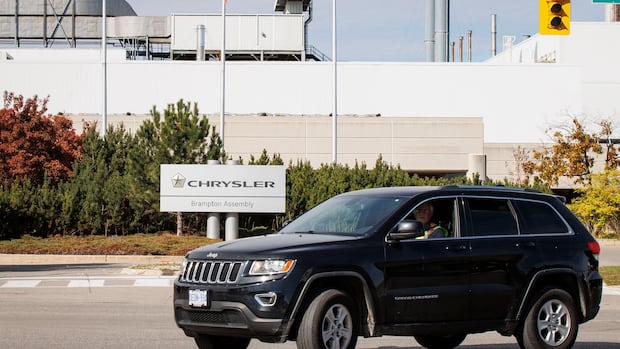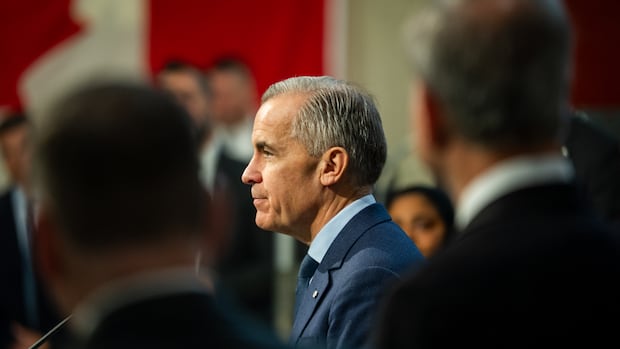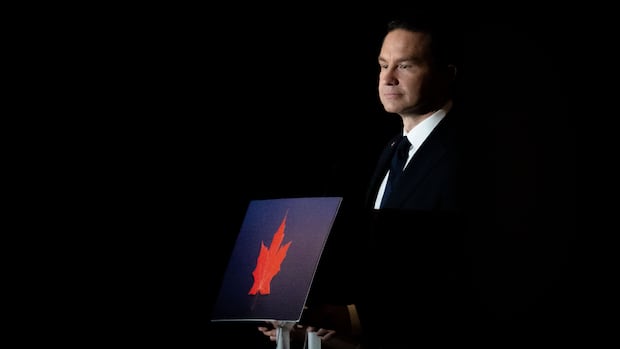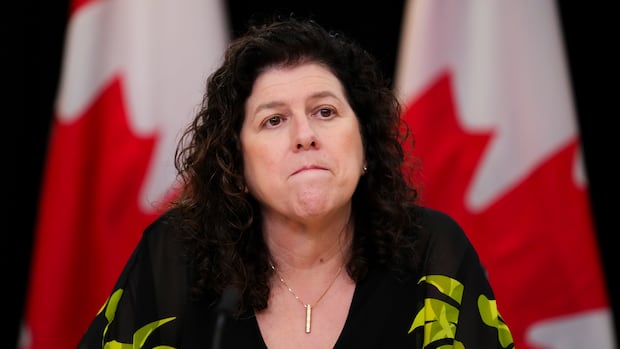In a scathing new report released Tuesday, the auditor general found Canada Revenue Agency contact centres are repeatedly failing to answer calls in a timely manner — and when agents do connect to a customer, they are often providing inaccurate responses.
While the CRA has committed to answering 65 per cent of calls within 15 minutes — a standard that is already much lower than it was in the past — Auditor General Karen Hogan found that just 18 per cent were answered in that time frame in 2024-25. In June, the service offered was even worse: fewer than five per cent of calls were answered within 15 minutes.
The AG's office placed 167 test calls to the CRA between February and May of this year to assess the agency's promised response time — the average wait time to reach an agent was nearly 33 minutes. Between time on hold and spent with an agent, the report said it took analysts about 50 minutes on average to get an answer to a query.
That aligns with the CRA's own data, which shows it took 31 minutes on average to reach an agent for the tens of millions of callers each year — twice the time it took the year before and a sign that standards are slipping and service is getting worse.
CRA call centres also deflected some 8.6 million calls last year, which means many customers were not even given the option to speak to an agent. That figure is a lot higher than the 1.4 million calls that were deflected the year prior.
As a result, customer complaints about the CRA have soared with the auditor general finding a 145 per cent spike between 2021-22 and 2024-25, despite the agency's claim that some 77 per cent of callers who answer a survey are "satisfied" with their experience.
The AG is recommending the CRA figure out a better system to triage calls related to issues with the agency's online portal, MyAccount. Many calls are related to being locked out of that digital system and its tying up agents, the report found.
Information from CRA often inaccuratePerhaps the auditor general's most troubling finding is that tax-filers are often getting inaccurate information from CRA agents.
The auditor general's office assessed the quality of the test calls it placed and found only 17 per cent of the answers provided to non-account-specific or general questions about individual taxes were accurate — and those sort of calls make up about one-fifth of all calls answered by agents.
The answers to questions about benefits and business taxes were better, but CRA agents still barely received a passing grade, with 56 and 54 per cent of those respective calls determined by the auditor general to be accurate.
WATCH | Auditor general ‘can appreciate the frustration’ Canadians have in reaching CRA agents:Auditor General Karen Hogan has expressed concerns about the Canada Revenue Agency's efficiency, specifically regarding wait times and factual inaccuracies in agent conversations. This follows recommendations made to the CRA in 2017 on improving 'accuracy and timeliness.'And it's not like the agency's artificial intelligence tools are doing much better. The CRA's chatbot, Charlie, which can answer basic tax-related questions online, provided accurate answers only a third of the time, according to the AG.
The AG found that the CRA spent little time or effort on improving the accuracy: there was just 2,200 hours of coaching, feedback or training in 2024-25, which is under 30 minutes per agent annually.
The auditor general also found that the CRA is not getting the full value of its contract with IBM, which handles the telephony services. When AG analysts dialled through to test the system, they were not provided with the expected real-time updates on their queue position, which left callers waiting with no idea how long it would be before reaching an agent.
"Canadians are expected to provide their tax returns on time and with accurate information. And I think, in return, they should expect that the Canada Revenue Agency will be available in a timely fashion and provide them with accurate information and I would say this is not the case," Hogan said.
Asked later by reporters how she would characterize the CRA's call centre accuracy, Hogan simply said: "As inaccurate."
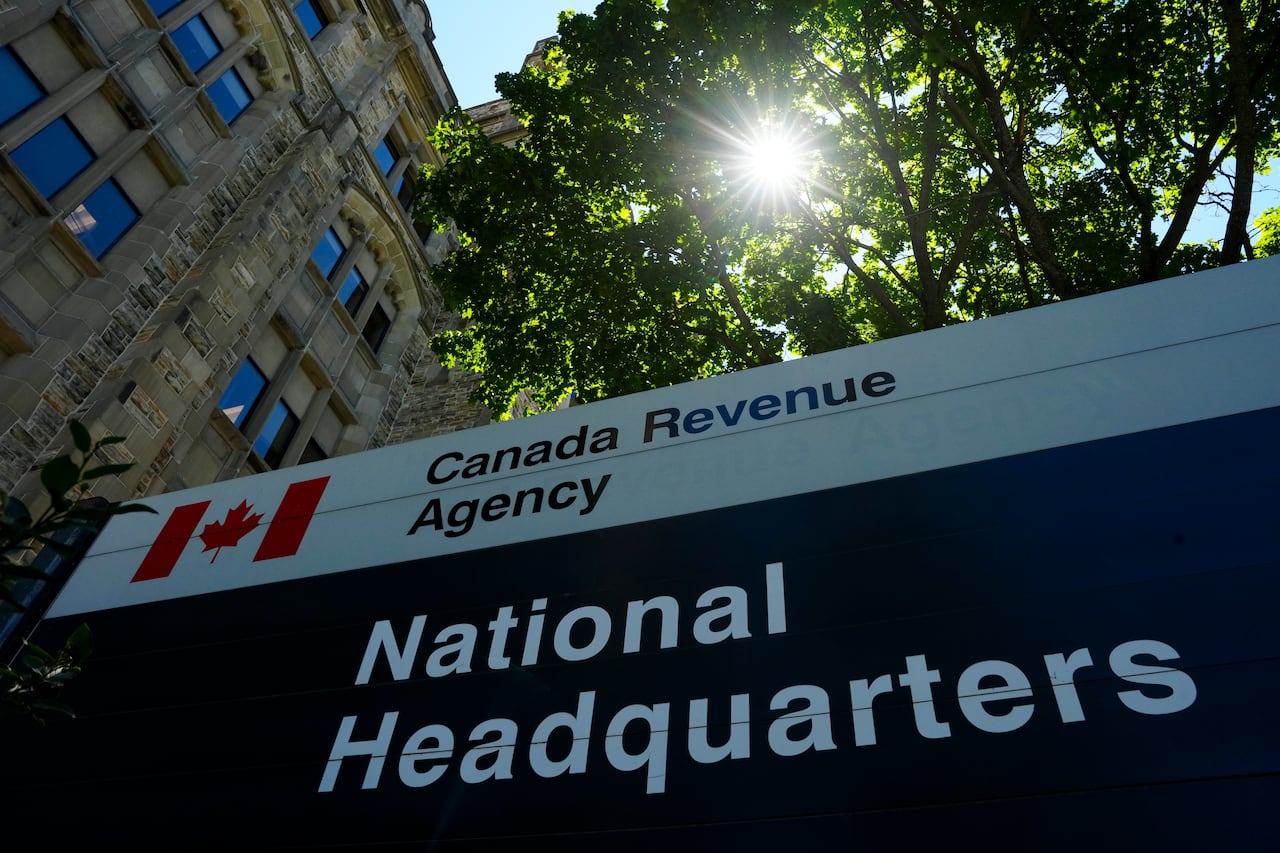 The auditor general found tax-filers are often getting inaccurate information from CRA agents. (Sean Kilpatrick/The Canadian Press)
The auditor general found tax-filers are often getting inaccurate information from CRA agents. (Sean Kilpatrick/The Canadian Press)Liberal MP Wayne Long, the secretary of state for the CRA, said the agency launched a 100-day service improvement plan in September and it includes a new commitment to answer more of the calls that come through.
The CRA has hired more staff, and the number of calls that actually make it to an agent have improved in the weeks since this plan was set in motion, he said
However, as part of that new plan, the CRA's stated goal is just to answer calls — not necessarily to pick them up in a certain timeframe.
Long said he's asked CRA Commissioner Bob Hamilton to press ahead with that plan and try to turn things around.
"We've tasked him to do better, be better and come up with solutions," Long said. "I believe in results; I believe in holding leadership accountable."
WATCH | MP responsible for CRA responds to AG's findings :Following the release of the auditor general’s scathing report on the CRA efficiency and accuracy, secretary of state Wayne Long said the government has accepted the AG’s findings. He noted that while the agency has made progress since the implementation of the 100-day plan, it is ‘not there yet.’Asked what the government will do to improve not just long wait times but the poor accuracy of the information conveyed, Long said the AG's team made only 167 calls while the CRA fields an average of 107,000 per day and the problem may not be as bad as the AG described it.
"But let's be clear, we have a lot of room for improvement," he said. "We accept the report, and we're going to do better."
Military recruiting, water advisories also highlightedThe AG also released performance audits Thursday on recruiting for Canada's military, the early learning and child-care systems, cyber security and a number of First Nations programs.
Notably, the auditor general found that while the number of applicants to the Canadian Armed Forces has been up in recent years, the military is having trouble turning those applicants into recruits.
The military planned to recruit some new 19,800 CAF personnel last year but brought in only about 15,000, which the auditor general said could be because the recruitment period is often 200-300 days long, well above target, and there's a huge backlog with pending security checks.
The AG also found that the military's housing system is performing poorly.
In the spring, there were only 205 residential housing units available to CAF members, while there were 3,706 applicants on wait lists. She found that while the vast majority of CAF personnel waiting for a residential unit were singles, there are few one- or two-bedroom units among the housing stock.
The auditor general also found serious problems with the military’s aging living quarters, which include deteriorating exterior walls, toilets that don't work and a lack of safe drinking water. At least one of the inhabited buildings dates back to the 1930s.
"It’s the kind of conditions you and I wouldn’t want to live in, and the kind of conditions I don’t think we should let our Canadian Armed Forces live in," Hogan said.
WATCH | Auditor general describes poor conditions of military housing:Auditor General Karen Hogan says her team visited three military bases and found the housing situation included 'the kind of conditions that you and I wouldn’t want to live in, and the kind of conditions I don’t think we should expect members of the Canadian Armed Forces to live in.’Defence Minister David McGuinty said the government recently boosted military pay rates to recruit and retain more CAF members as part of a multi-billion investment in the military.
Construction is also underway on dozens of new housing units on bases in Edmonton, Kingston, Ont., and Esquimalt, B.C., he said.
"This is long overdue," McGuinty said. "For decades, past governments were not making the investments we need to make in our armed forces — we're doing it."
The AG also checked in on progress made by Indigenous Services Canada after her past reports found inadequacies with a number of programs.
Hogan found that while progress has been made on lifting long-term drinking water advisories in effect on some First Nations communities, the Liberal government has so far failed to meet former prime minister Justin Trudeau's decade-old commitment to lift all of them. As of April 1, there are still 35 such advisories in place, the AG found.
As for addressing nursing shortages on reserve, the AG has found higher pay and benefits have attracted more of these health-care workers than before, but there are still relatively high vacancy rates.
With respect to the federal government's $10-a-day child care program, Hogan found that costs are approximately $16.50 a day nationwide, and five provinces and three territories have already met the lower target.
The governments, however, have been slow to create low-cost spaces with just 112,000 created so far and only two years left to stand up the promised 250,000 within five years.


